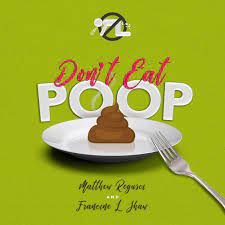

Between April 2022 and July 2023, the agency collected 107 samples of imported honey and found three samples (3%) to be violative, compared to 10% in 2021-2022.

Between April 2022 and July 2023, the agency collected 107 samples of imported honey and found three samples (3%) to be violative, compared to 10% in 2021-2022.

Foreign object contamination can occur at any step in the supply chain. Mitigating these risks requires vigilance, adherence to proven standards, and understanding of new technologies that can enhance detection.

As the deadline for adoption of the FSMA 204 Traceability Rule looms, Leavitt Partners and The Acheson Group are working with FDA to create a public-private governing body for food traceability, based on the medical industry’s Partnership for DSCSA Governance, to smooth the transition. The first step is to get industry onboard and actively involved.

The global food safety landscape is at a crossroads and headed for extinction if changes do not take place within the next decade. But by focusing on prevention, capacity building, collaboration, and innovation, we can work towards a future where everyone has access to safe and nutritious food.

The one-day virtual public meeting will be held on April 24. Feedback received from this meeting will help the FDA prioritize its activities within the New Era of Smarter Food Safety framework.

Generating, collecting, and utilizing process data is a daunting task for most small and midsize food and beverage manufacturers. Here we explore some of the challenges associated with data collection and analysis, what makes the undertaking worthwhile, and no cost and low-cost tools that make collection and utilization of data attainable for smaller businesses.

A contentious battle between a food safety inspector and the local city council in Lewiston, Maine, has highlighted the challenges inspectors and auditors face and the importance of documentation.

A research team at the University of Stuttgart is seeking to improve the methods used to screen for allergens primarily through the use of mass spectrometry (MS) and has developed a new workflow for allergen testing that delivers results quickly and efficiently.

Johannes Vulto and Vulto Creamery LLC, each pleaded guilty to one misdemeanor count of causing the introduction of adulterated food into interstate commerce. He faces a maximum sentence of up to one year in prison, a term of supervised release up to one year and a fine up to $250,000.

Brad Rush of Eagle Certification Group was recognized with the Excellence in SQF Auditing Award while Vital Farms’ Robert Clark received the Excellence in SQF Practitioner Leadership Award. The awards were presented during the 2024 SQF Unites conference in New Orleans.